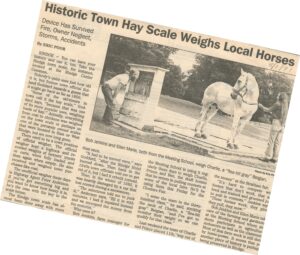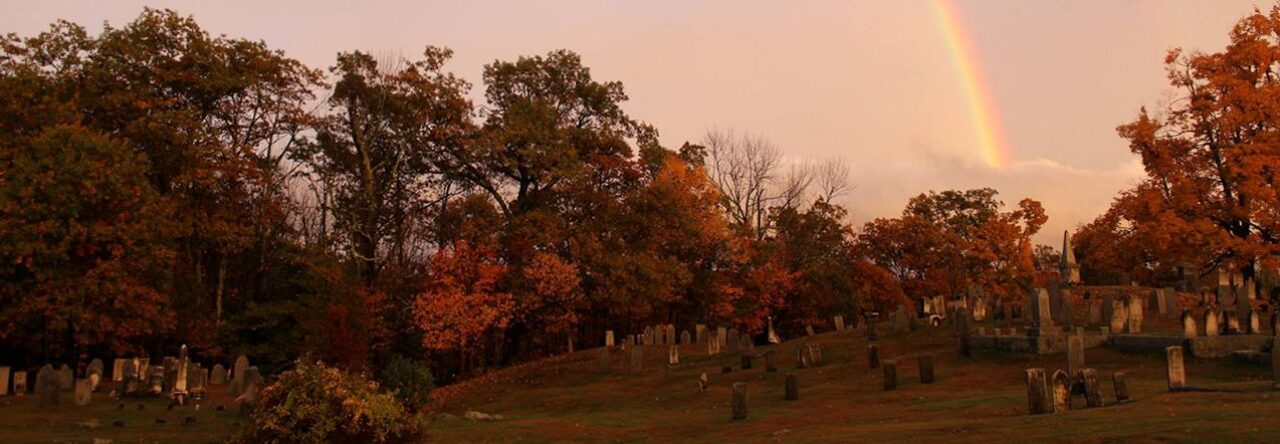The second summer camp in New Hampshire, and perhaps the entire country, opened in Rindge on the shores of Lake Monomonac in 1885. Began by seminary students at Harvard University, it was called Camp Harvard. The following article was written by one of the campers at Camp Harvard, and was originally published in St. Nicholas Vol XIII. No. 8 June 1886, an Illustrated Magazine for Young Folks.
A BOYS’ CAMP
BY ONE OF THE CAMPERS.
“Under the greenwood tree,
Who loves to lie with me,
And tune his merry note
Unto the sweet bird’s throat;
Who doth ambition shun,
And loves to live in the sun,
Seeking the food he eats,
And pleased with what he gets,–
Come hither, come hither, come hither,
Here shall he see
No enemy.”–
These lines from Shakspere’s “As You Like It” came to me again and again as Papa finished the reading of a circular which a friend had handed him.
“Camp Harvard,” so the circular declared, “is located on the shore of one of New Hampshire’s most picturesque lakes, about equidistant from Winchendon, Mass., and Rindge, N. H. The design of the camp is to furnish boys with a rational and healthy outdoor life during the summer months, where, under competent care and supervision, they can learn to swim, row, fish, do some tramping and mountain-climbing, and engage in other manly sports; form and cultivate good habits, and build up their bodily strength. The cabins are of wood, roofed, floored, commodious, and weatherproof. Each member has a cot. The best of wholesome food is provided.”
Read More


